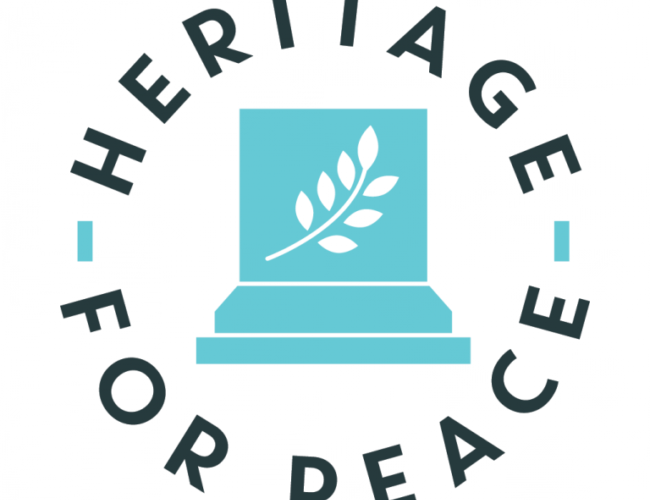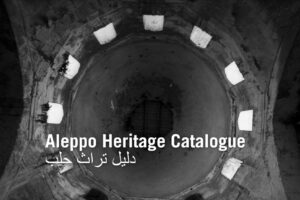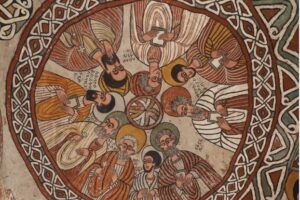The SHeLTr project provided training to law and heritage experts as well as government officials on questions of cultural heritage safeguarding in conflict.

The training focused on the intersection of International Humanitarian Law, Syrian Domestic Law, and Islamic Law, helping staff in heritage management and legal courts to better handle cases and situations they are faced with on a daily basis.
The training material consisted of a bi-lingual (English/Arabic) course available online with additional resources, and is supported by an in person/virtual training course run by Heritage for Peace with attendees from the Idlib region of Syria who are responsible for heritage management, Sharia law, and government workers, as well as civil society members.
Each module was developed in draft PowerPoint presentations, with written supporting script (in English and Arabic). Significant parts of the content developed for this course, specifically the Islamic Law, and the comparisons, are entirely new. Although there have been studies into Islamic Law of War, and studies into Islamic Law and Cultural Heritage, there is almost no study that brings these two fields together. Given that, this course addresses a critical lacuna in heritage protection.
Although it is not the goal of the project and all project materials are fully open access, this part of the course is currently being prepared for peer reviewed academic publication, to share the findings of the research with the academic community and reach a second audience engaged in heritage protection.
This training provided participants with the tools to enforce the laws for the protection of cultural heritage, further disseminate its content to wider audiences inside Syria, and thus mitigate the effects of the armed conflict on Syrian cultural heritage, prompting an atmosphere of respect towards its preservation among the population. Attendees included: religious leaders, civil society leaders, heritage workers and staff from local Councils.


